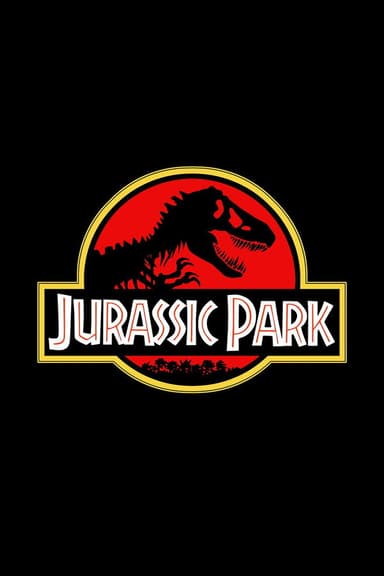
Psycho
1960 • Horror, Mystery, Thriller • R
When larcenous real estate clerk Marion Crane goes on the lam with a wad of cash and hopes of starting a new life, she ends up at the notorious Bates Motel, where manager Norman Bates cares for his housebound mother.
Runtime: 1h 49m
Why you should read the novel
The original 'Psycho' novel by Robert Bloch offers a compelling and in-depth psychological exploration that surpasses what is presented on film. Bloch's narrative delves deeply into Norman Bates's disturbed mind, granting readers access to motivations and internal struggles that are only suggested on-screen. The novel provides nuanced details about secondary characters, their backstories, and the tense atmosphere surrounding the Bates Motel, inviting readers to become fully absorbed in its chilling world.
Reading Bloch's 'Psycho' unveils the darker facets of human nature through the written word. The book’s pacing and suspense are crafted to keep readers turning the pages, piecing together the mystery as details emerge and the true horror unfolds. The experience is uniquely immersive, as each twist and revelation is filtered through the unsettling perspectives Bloch constructs, evoking a sense of unease and dread that lingers long after reading.
Engaging with the source novel allows you to appreciate the subtle horror and intricate character work that inspired one of cinema’s most famous thrillers. The novel is an essential experience for anyone fascinated by psychological terror, offering insights and surprises that can only be discovered by reading Bloch’s original vision.
Adaptation differences
One major difference between the novel and Hitchcock's adaptation is the depiction of Norman Bates. In the book, Norman is described as overweight, middle-aged, and socially awkward, contrasting sharply with Anthony Perkins's youthful, sympathetic portrayal in the film. This change alters the audience's early perceptions and amplifies the eventual shock of his true nature.
The book delves much deeper into Norman's psyche, granting readers access to his internal thoughts, rationale, and torment. While the film hints at his split personality and disturbed mind, it maintains an air of mystery and ambiguity to heighten suspense. The novel, however, presents a more explicit psychological profile, making Norman's transformation and motivations more nuanced and disturbing.
Mary Crane, known as Marion in the film, also experiences altered characterization and narrative focus. The book gives a more detailed background about her motivations and circumstances, creating a richer context for her actions and the consequences that follow. The film streamlines her arc, placing greater emphasis on plot and suspense, which minimizes her characterization compared to the source material.
Lastly, the infamous shower scene, iconic on screen, is far less graphically detailed in the novel—where the violence is implied rather than explicitly shown. Hitchcock’s adaptation emphasizes visual shock and technical mastery, while Bloch’s book relies more on psychological horror and the imagination of the reader. Overall, reading the novel exposes readers to a slower-building, more internalized dread, while the film delivers a condensed, visually-driven experience.
Psycho inspired from
Psycho
by Robert Bloch










